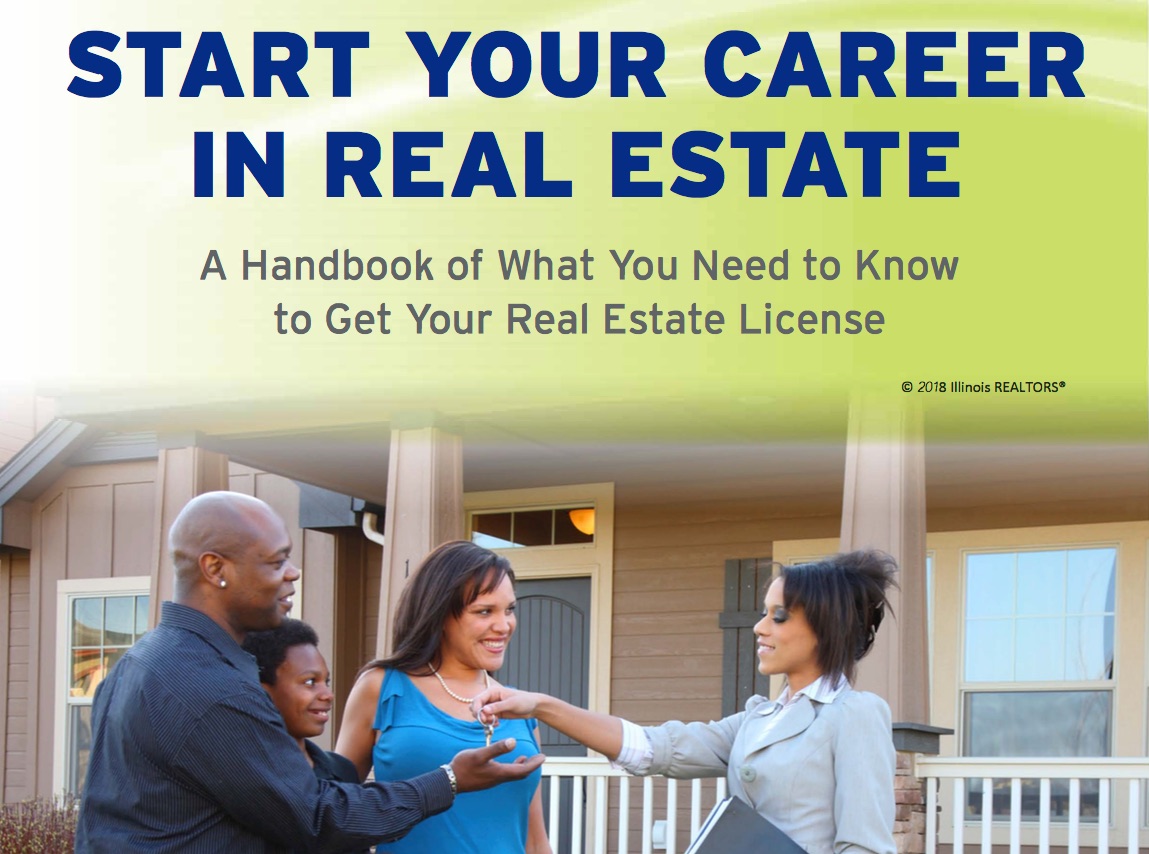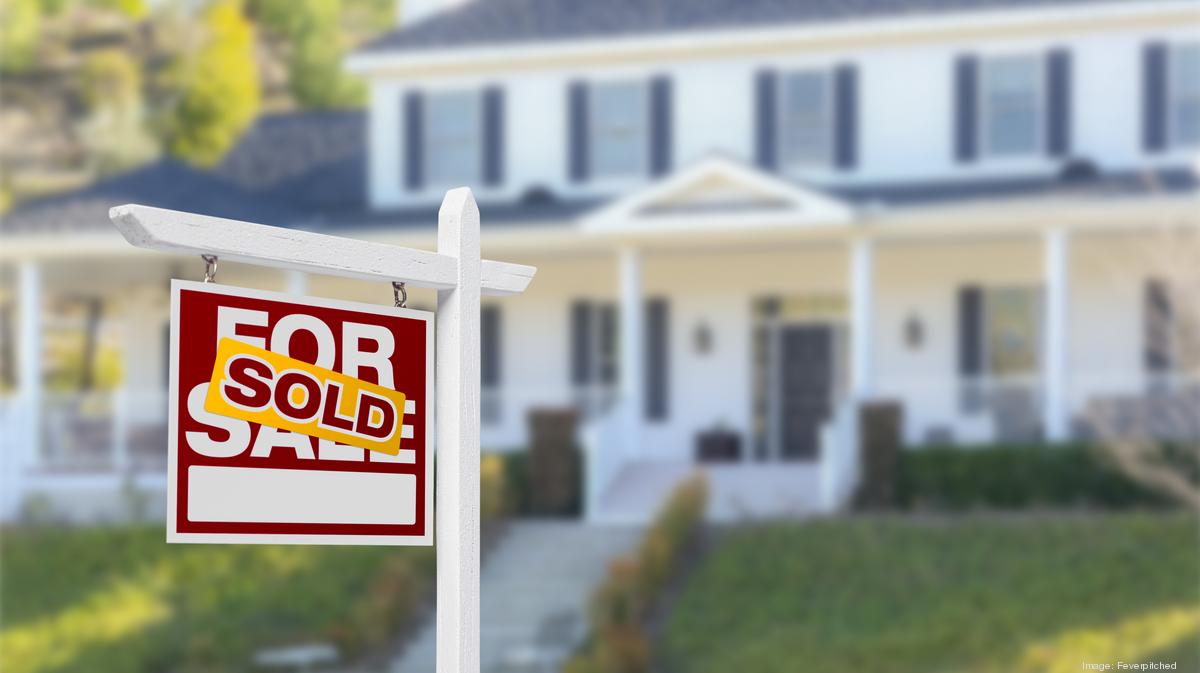
Real estate can be a lucrative and exciting career, but requires significant time, energy, and money commitments. You must be motivated and have clear goals to achieve your business objectives.
These five steps can help you start your own brokerage regardless of whether you are an experienced professional or a novice.
1. Find the right broker
To open a real estate agency, the first thing you need to do is choose a brokerage company. Look for a company that has a strong reputation and has a proven track record in your area. You should also look for a brokerage who shares your ethics and values.

2. Budget Your Budget
In order to start a brokerage business, you will need to create a plan of financial projections that includes initial expenses as well as revenue. This will let you know if it is a profitable business and how to begin.
You can use this budget to determine how many sales agents you will need and how many deals each agent must close to break-even or turn a profit. Once you know these numbers, it's time to start looking for funding.
3. How to Hire the Best Employees
If you plan to hire people to work at your brokerage, interview them carefully prior to deciding whether or not to add them to your team. Be sure they have the experience and skills you need, and are a good fit for your company's culture.
4. Create a Great Team Culture
A strong team-based culture can positively impact your business and improve the service you offer to clients. This can also be a way to retain your most loyal and motivated staff.
5. Agents deserve to be paid well
To attract and retain top-notch real estate agents, you must pay them well. There are several options available, such as no or low desk fees for professionals with experience, standard commission splittings, and even commission shares.

6. Build a Great Brand
A strong social media presence and a website are the most effective ways to market your brokerage. Online presence is crucial to attracting clients and new leads.
7. Investing in Transaction Management Software
An efficient real estate management system will help you run your business more efficiently. These systems automate every step of the process, allowing all parties to remain on track.
8. Now is the time to get your license and start hiring
To start your own brokerage, you will need to obtain your real estate broker license. Take the time to research your state's requirements. The requirements differ by state, but typically include taking a number of classes and passing an exam.
FAQ
Can I buy a house in my own money?
Yes! Yes. These programs include government-backed loans (FHA), VA loans, USDA loans, and conventional mortgages. Check out our website for additional information.
What are some of the disadvantages of a fixed mortgage rate?
Fixed-rate loans have higher initial fees than adjustable-rate ones. Also, if you decide to sell your home before the end of the term, you may face a steep loss due to the difference between the sale price and the outstanding balance.
What should I look for in a mortgage broker?
People who aren't eligible for traditional mortgages can be helped by a mortgage broker. They search through lenders to find the right deal for their clients. This service may be charged by some brokers. Others offer free services.
How much will it cost to replace windows
The cost of replacing windows is between $1,500 and $3,000 per window. The cost to replace all your windows depends on their size, style and brand.
Can I get a second loan?
Yes, but it's advisable to consult a professional when deciding whether or not to obtain one. A second mortgage is used to consolidate or fund home improvements.
How do I repair my roof
Roofs can leak due to age, wear, improper maintenance, or weather issues. Roofers can assist with minor repairs or replacements. Contact us to find out more.
Statistics
- Some experts hypothesize that rates will hit five percent by the second half of 2018, but there has been no official confirmation one way or the other. (fortunebuilders.com)
- This means that all of your housing-related expenses each month do not exceed 43% of your monthly income. (fortunebuilders.com)
- Private mortgage insurance may be required for conventional loans when the borrower puts less than 20% down.4 FHA loans are mortgage loans issued by private lenders and backed by the federal government. (investopedia.com)
- The FHA sets its desirable debt-to-income ratio at 43%. (fortunebuilders.com)
- It's possible to get approved for an FHA loan with a credit score as low as 580 and a down payment of 3.5% or a credit score as low as 500 and a 10% down payment.5 Specialty mortgage loans are loans that don't fit into the conventional or FHA loan categories. (investopedia.com)
External Links
How To
How do I find an apartment?
When moving to a new area, the first step is finding an apartment. This process requires research and planning. It includes finding the right neighborhood, researching neighborhoods, reading reviews, and making phone calls. This can be done in many ways, but some are more straightforward than others. These are the steps to follow before you rent an apartment.
-
Researching neighborhoods involves gathering data online and offline. Websites such as Yelp. Zillow. Trulia.com and Realtor.com are some examples of online resources. Local newspapers, real estate agents and landlords are all offline sources.
-
Review the area where you would like to live. Yelp and TripAdvisor review houses. Amazon and Amazon also have detailed reviews. Local newspaper articles can be found in the library.
-
Make phone calls to get additional information about the area and talk to people who have lived there. Ask them about what they liked or didn't like about the area. Ask them if they have any recommendations on good places to live.
-
Consider the rent prices in the areas you're interested in. If you think you'll spend most of your money on food, consider renting somewhere cheaper. On the other hand, if you plan on spending a lot of money on entertainment, consider living in a more expensive location.
-
Find out more information about the apartment building you want to live in. How big is the apartment complex? What's the price? Is it pet friendly What amenities do they offer? Is it possible to park close by? Do tenants have to follow any rules?